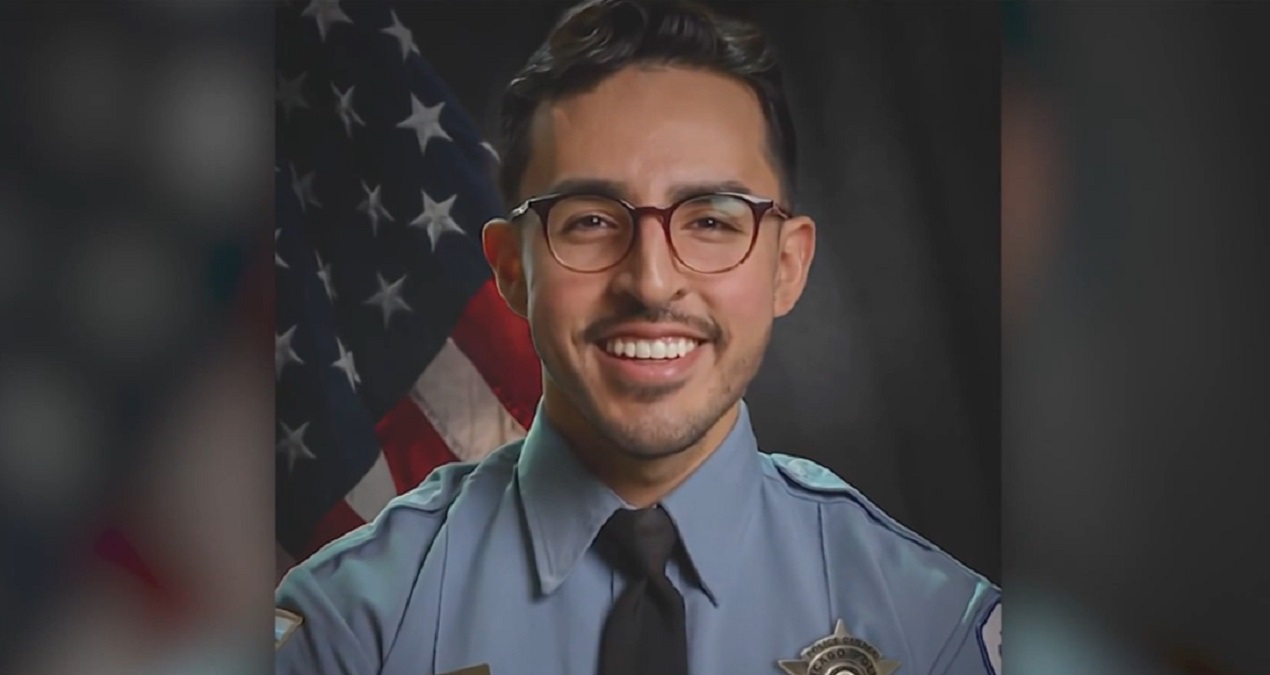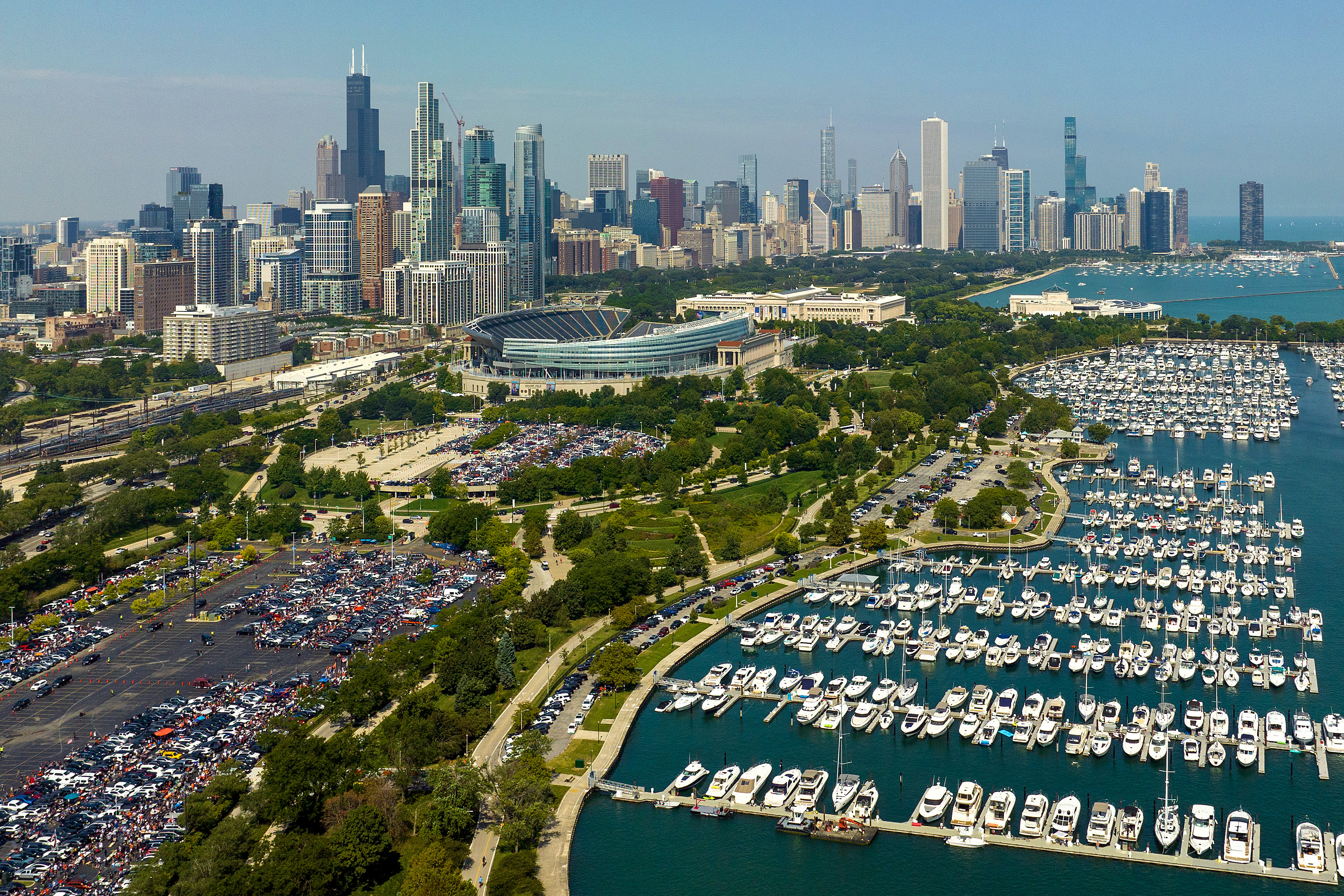The next time Indiana conducts an execution at the Indiana State Prison in Michigan City, a new drug will be part of its lethal injection protocol.
The nationwide shortage of thiopental sodium, known by its trademark name Pentathol, forced states that conducted executions by lethal injection to search for other alternatives, the Post-Tribune is reporting.
Indiana Department of Correction spokesman Douglas S. Garrison said the state will use Brevital, a barbiturate anesthetic in the same class as thiopental sodium. Garrison said Indiana has a sufficient supply of drugs to carry out an execution.
The three-drug protocol Indiana uses starts with Brevital, followed by pancuronium bromide and potassium chloride.
There are 13 inmates on the state’s death row in Michigan City, but none has a set execution date.
Michael Overstreet, convicted in the 1997 strangulation of Kelly Eckart, 18, a Franklin College student, is next in line, Garrison said.
Local
“It could be this year,” he said.
Overstreet’s appeals are nearly exhausted, and a ruling is expected soon on his latest challenge that he’s mentally incompetent.
Indiana’s last execution was Dec. 11, 2009, when Matthew Eric Wrinkles was put to death for the 1994 slayings of his wife, her brother, and sister-in-law in Evansville.
Indiana is one of 32 states with the death penalty. The state has executed 20 men since 1976 when the U.S. Supreme Court lifted the ban on capital punishment.
One woman, Denise Debra Brown, convicted in the 1984 strangling of 7-year-old Tamika Turks in Gary, is on death row in Ohio for crimes there.
Oklahoma’s bungled execution of convicted murderer Clayton Lockett on April 29 touched off a national death penalty debate. It comes at a time when the number of death sentences has dropped nationwide from 277 in 1990 to 80 last year.
The growing scarcity of lethal injection drugs from reputable manufacturers has also prompted renewed cries for state death penalty bans.
State Sen. Earline Rogers, a Gary Democrat, said her fellow lawmakers should put a ban on capital punishment on the top of their legislative agendas.
State Rep. Charlie Brown, D-Gary, agreed. “It doesn’t make sense to me in a civilized community.”
Cost is another nagging concern for Indiana counties.
In Lake County, last year’s death penalty trial of Kevin Isom cost nearly $700,000. The state typically reimburses half the expenses.
Isom was sentenced to death in the 2007 killings of his wife and two stepchildren in Gary.
Meanwhile, because of the opposition of the death penalty by drug suppliers of thiopental sodium, Oklahoma experimented with a sedative called midazolam as part of its three-drug protocol when it executed Lockett.
Witnesses said Lockett writhed through the execution and the midzolam dose that was supposed to knock him unconscious apparently didn’t work. Oklahoma officials said Lockett lost consciousness, but a vein collapsed in his groin and the tube failed that was administering the drugs. Lockett died of a heart attack 43 minutes after the execution began.



